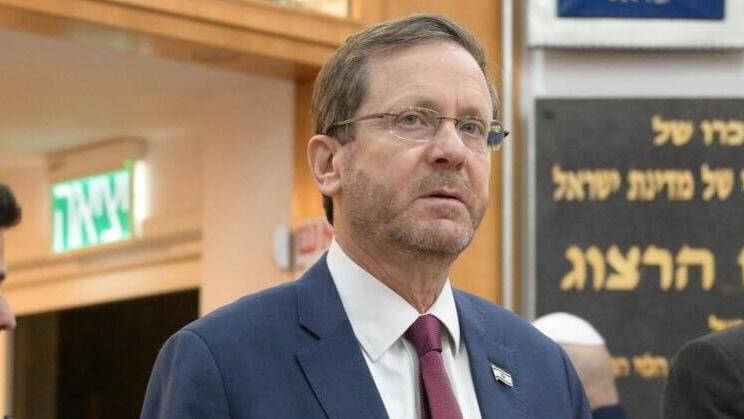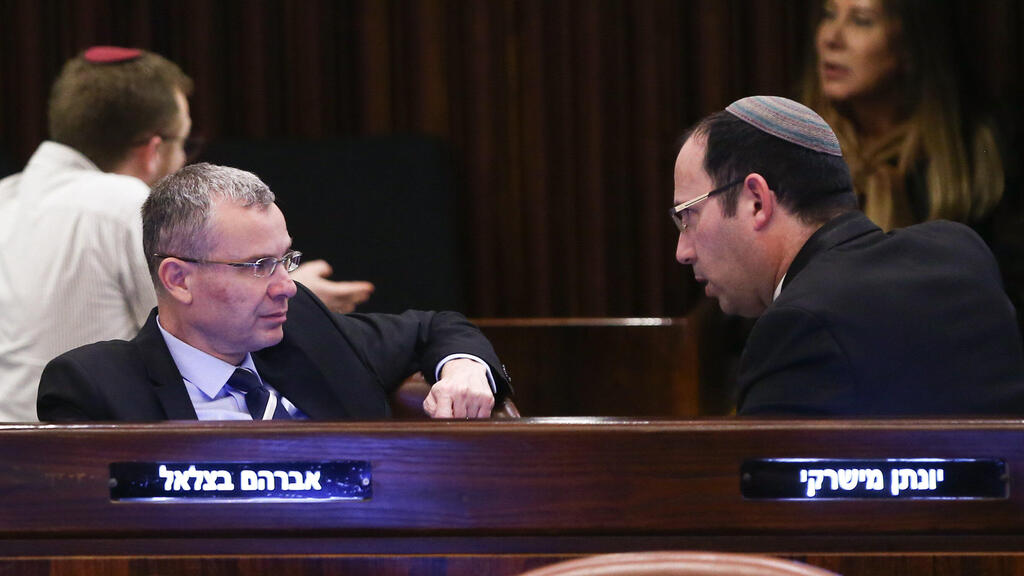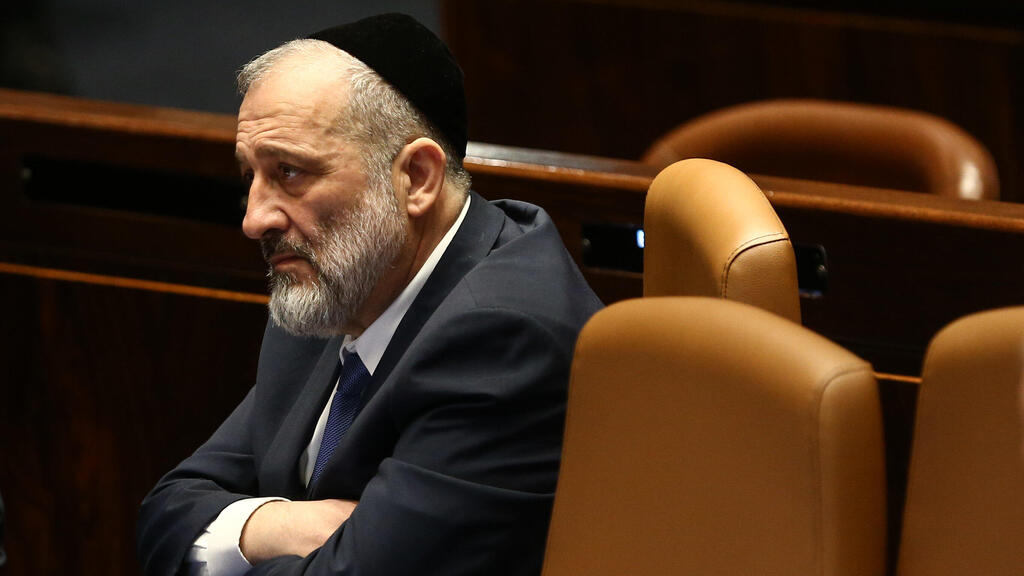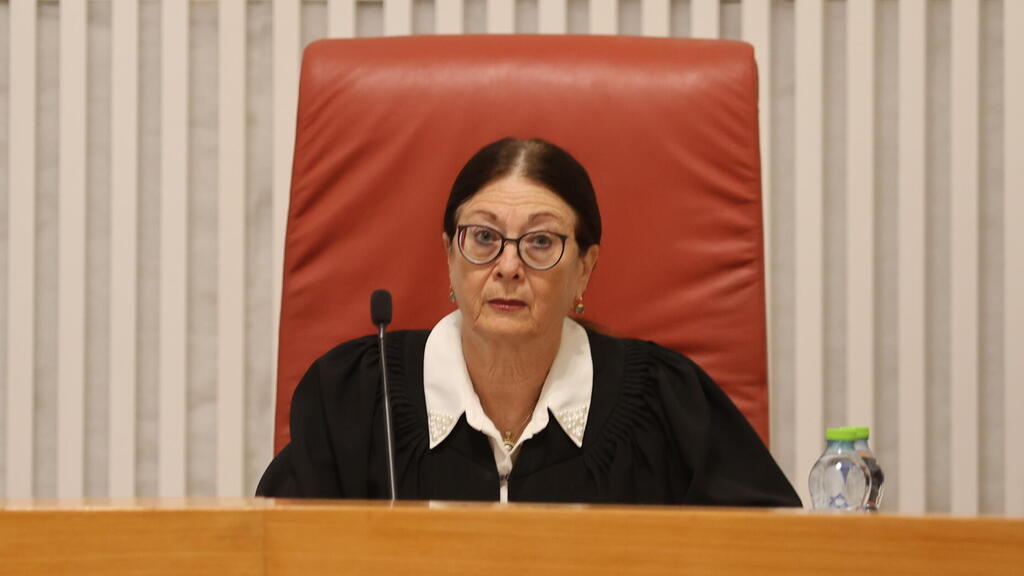In an initiative presented by President Isaac Herzog recently, lawyers have been working on a proposal for the judicial overhaul that would allow for a consensus in the government, which the president published Tuesday.
The compromise was immediately rejected by Justice Minister Yariv Levin and Simcha Rothman who is leading the legislative push, in a joint statement.
“The proposal invalidates the entire legislative process. There is a wide consensus that a reform of the judicial system is needed and is within grasp, but not by removing the main principles," they said.
They said the legislation would proceed regardless of the President's urging and the public outcry, resulting in mass demonstrations.
The proposal includes legislation of a basic law that aims to anchor how basic laws should be drafted and amended in Israel.
Another part of the proposal calls for the cancellation of the Override Clause that would allow a Knesset majority to overturn Supreme Court rulings.
The Supreme Court would be authorized to repeal regular laws under a composition of 15 judges and with a two-thirds majority, but would not be able to do the same with basic laws. Without such a majority, the Supreme Court would be able to rule against the law.
According to the proposal, "the Knesset would not be able to legislate a deviation from this ruling."
the composition of the judge selection committee would consist of three coalition lawmakers, two from the opposition, three Supreme Court judges, and two representatives of the public who will be jointly appointed by the justice minister and the Supreme Court chief justice.
In other words, there will be no automatic coalition majority. There is still some debate among authors of the compromise, over the majority required for the appointment of Supreme Court justices.
The Supreme court would also be barred from reviewing legislation according to the reasonability test, as it had recently done when it ordered Prime Minister Benjamin Netanyahu to dismiss Shas party leader Aryeh Deri from his ministerial positions.
In its decision, the court ruled that appointing Deri was “highly unreasonable,” because of his past criminal convictions.
According to the proposal, "the court shall not consider the government's policy considerations based on the reasonability test, in decisions regarding policies or political appointments." An intervention would only occur "if the decision is extremely unreasonable or deviates significantly from what a reasonable public servant would consider proper."
Another change will allow the government "in exceptional cases to adopt a contradictory position to that of the Attorney General as part of its responsibility to the Knesset and the public.” The government would then be allowed to receive external legal services should the case be brought before the court.
In addition, the proposal anchors fundamental rights, such as the principle of equality before the law, freedom of speech, and freedom of and from religion.
While points of contention still remain, if the proposal is accepted, the compromise would benefit all.
It will allow judges to not be elected solely by the coalition. There will be no override clause, and fundamental rights that have not yet been anchored in legislation will be finally set.
The President's Office stated that the proposal is one of several compromises under deliberation and does not reflect the President's opinion or that of his representative. "The President has not yet formulated a final proposal, and will present it to the public once he has finalized it,” his office said.
“The proposal invalidates the entire legislative process," the two said in a joint statement. "There is wide consensus that a reform of the judicial system is needed and is within grasp, but not by removing the main principles," they added.
Opponents of the government also spoke out against the reported compromise and said they would continue to express their rejection of the government's efforts to end Israeli democracy.






